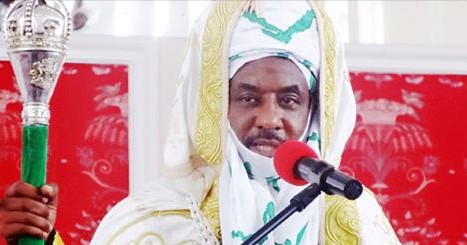By Amos Tauna
 Joint Admission and Matriculation Board, JAMB, in Nigeria has announced its resolve to abolish Computer Based Test, CBT, method for Unified Tertiary Matriculation Examination, UTME, due to low computer literacy level of candidates.
Joint Admission and Matriculation Board, JAMB, in Nigeria has announced its resolve to abolish Computer Based Test, CBT, method for Unified Tertiary Matriculation Examination, UTME, due to low computer literacy level of candidates.
The board said it has in collaboration with a private institute resolved to set up dedicated UTME centres for visually impaired candidates in Abuja, Lagos and Kano in 2018.
Registrar of the board, Professor Is-haq Olanrewaju Oloyede, disclosed this in Kaduna on Wednesday, said the board would not revert to the old paper and pencil mode, but an eight-keys device.
Speaking at the opening ceremony of Strategic Planning Retreat on Monitoring and Supervision of 2017 UTME in Kaduna, northwest Nigeria, Professor Oloyede said the eight-keys device would eradicate the challenge of computer illiteracy and phobia for mouse by some candidates.
According to him, “From the general feedback on the adoption of the Computer Based Test mode, we have noted the challenge of computer low level literacy of some candidates, especially with the phobia for the mouse. This has been responsible partly for the call by some people for reversal to the Paper and Pencil Test mode.
“In order to ensure equity and level playground for all candidates taking Unified Tertiary Matriculation Examination, the Board has designed a system that will allow candidates use only eight keys without the use of mouse.
“All the candidates need to do is to press the letters A,B,C,D for responses to questions and keys: P, N, S and R representing; previous question, next question, submit and reverse, respectively.”
Speaking on the new arrangements for the visually impaired candidates, the JAMB Registrar said, Digital Bridge Institute in partnership with the board had agreed to set up three dedicated centres in Abuja, Lagos and Kano in 2018, adding that, the board will support the centres with necessary inputs.
He explained that ahead of 2018, when the project of dedicated centres would come to fruition, the board has reached an understanding with the association for the blind persons in Nigeria and blind students in Lagos that an abridged approach would be used for the 2017 UTME.
He added that all prospective blind candidates would be invited to three centres in the country for special assessment in their subjects of choice and relevance to their desired courses and programmes.
Professor Oloyede while addressing the participants, most of whom are external Supervisors and other stakeholders drawn from various tertiary institutions and education sector, said all concerned stakeholders must take UTME as their own and make it a project.
He noted that the conduct of the board’s examination, which is a selection examination is the foundation of quality education, must see their involvement in UTME as a call to national duty and personal sacrifice.
The JAMB boss said, “It is not enough for Politically Exposed Persons (PEP) to visit examination centres with sirens and large entourage of government functionaries with very little impact to show for their participation, other than to be under television camera lights and beamed same to the whole world.
“Yet, the outcome of the examination is laced with stories of examination malpractice. This time around, the major players with requisite integrity, intelligence and appropriate knowledge of the assessment would be fully engaged to actively participate in the supervision of the examination.”

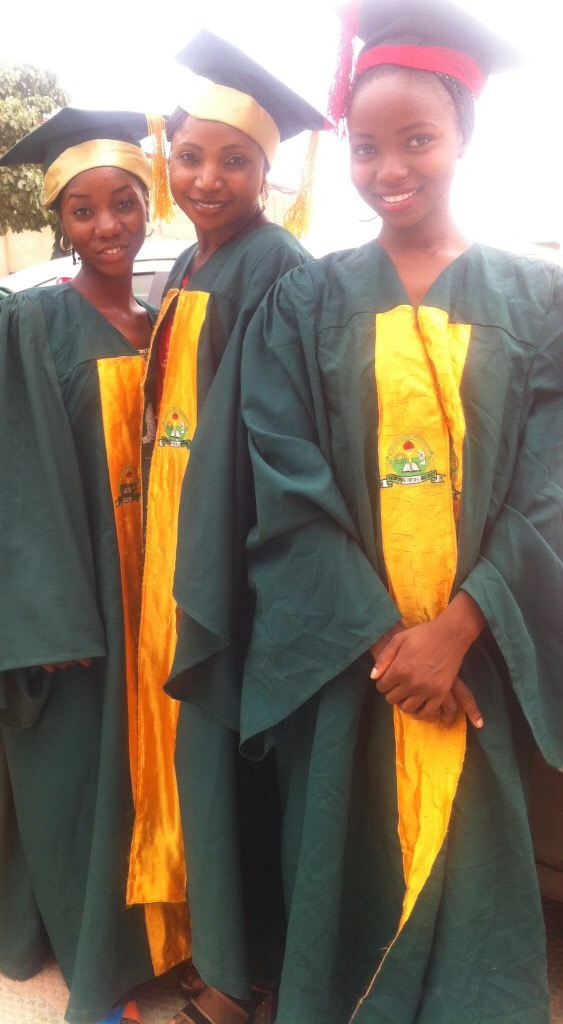
 By Winifred Bulus
By Winifred Bulus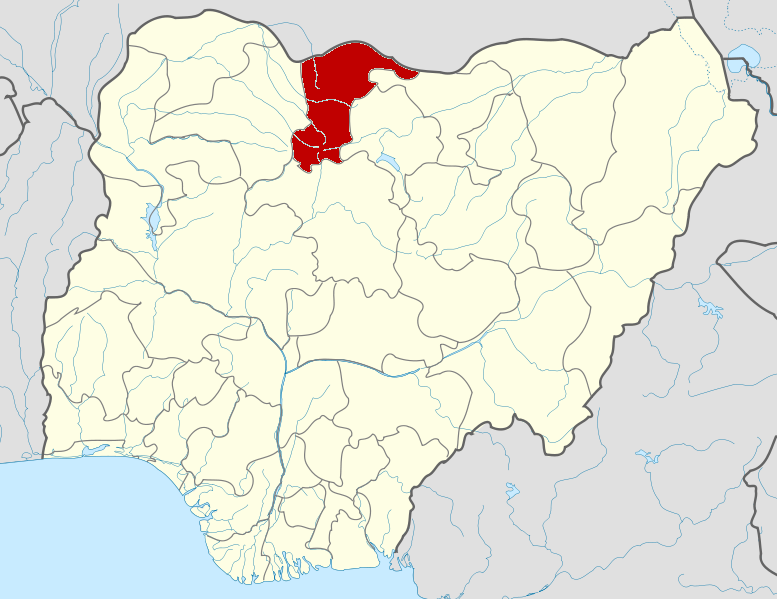
 Katsina (Nigerai) – Katsina State Government in northern Nigeria is reopening nomadic schools having loss two academic terms to activities of cattle rustlers, who took over the school buildings.
Katsina (Nigerai) – Katsina State Government in northern Nigeria is reopening nomadic schools having loss two academic terms to activities of cattle rustlers, who took over the school buildings.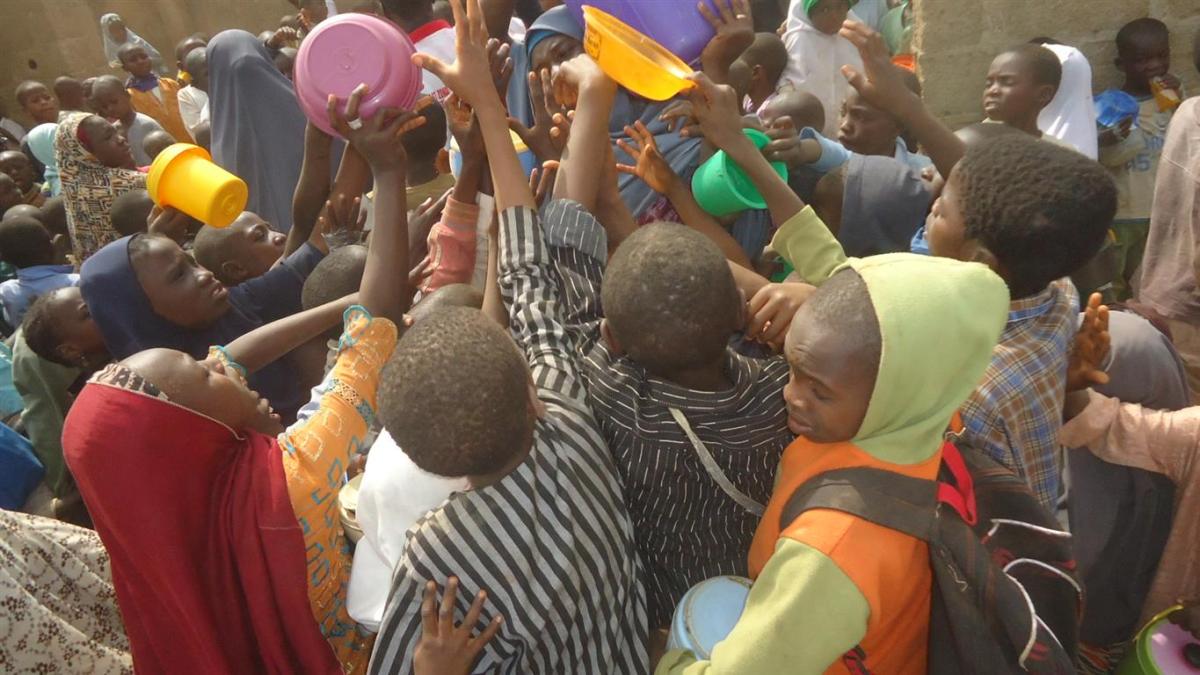



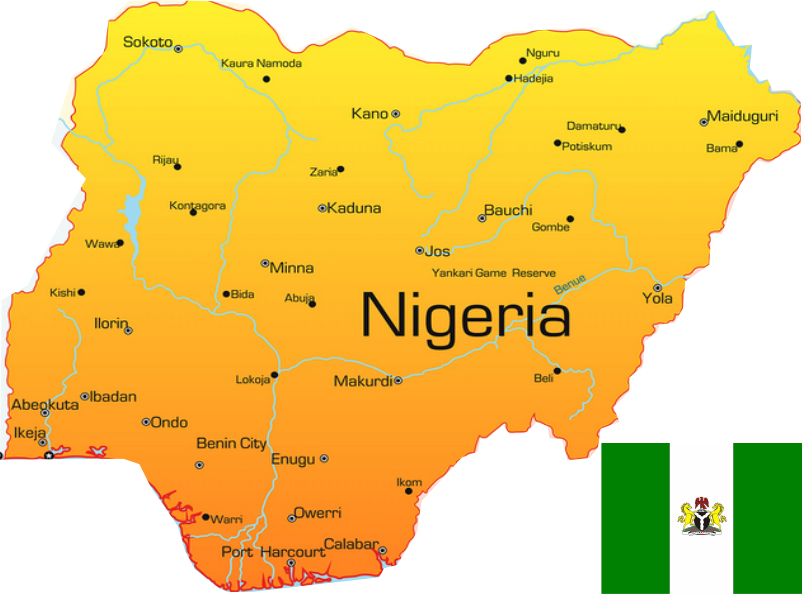
 Ramatu Tijani, a peace activist in Nigeria has urged Nigerian Government to introduce Peace Education in the country’s primary, secondary and tertiary institutions for the sake of promoting peaceful co-existence amongst citizens.
Ramatu Tijani, a peace activist in Nigeria has urged Nigerian Government to introduce Peace Education in the country’s primary, secondary and tertiary institutions for the sake of promoting peaceful co-existence amongst citizens.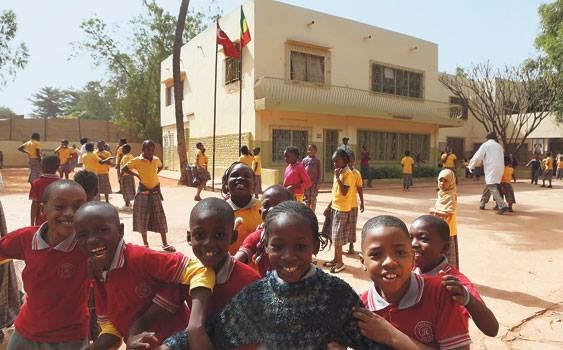
![[Jingle] Nigerian Government Overseas Scholarship – Kaduna](https://africaprimenewsblog.wordpress.com/wp-content/uploads/2016/12/image.jpeg?w=389)
